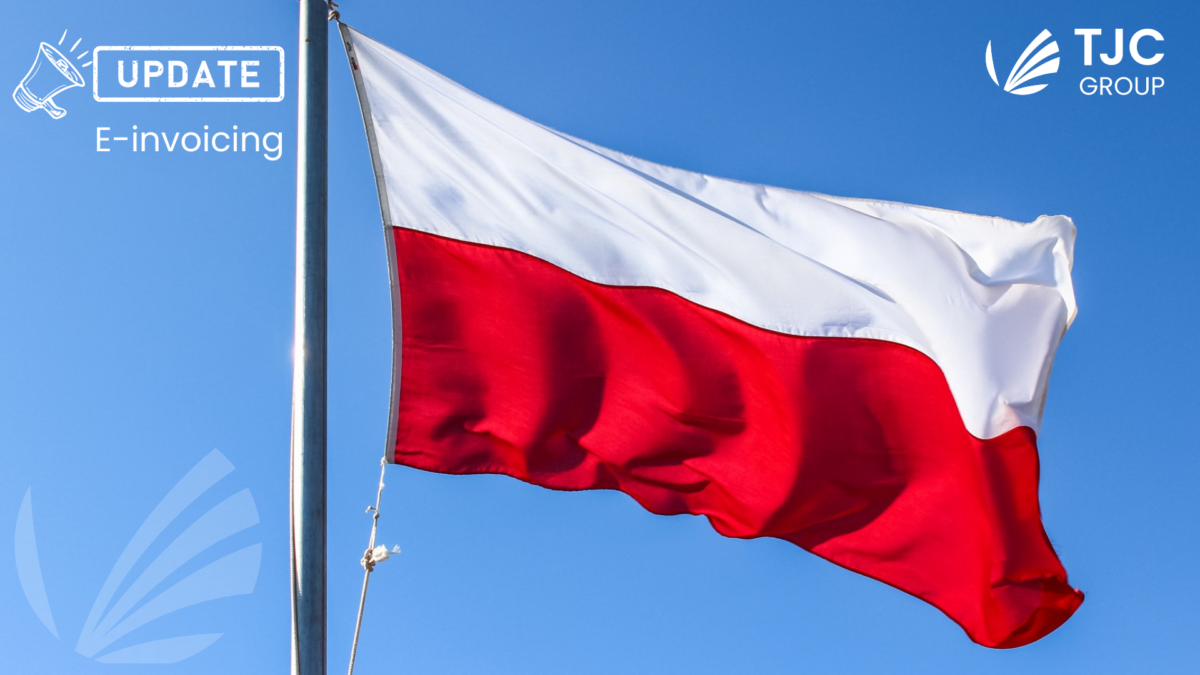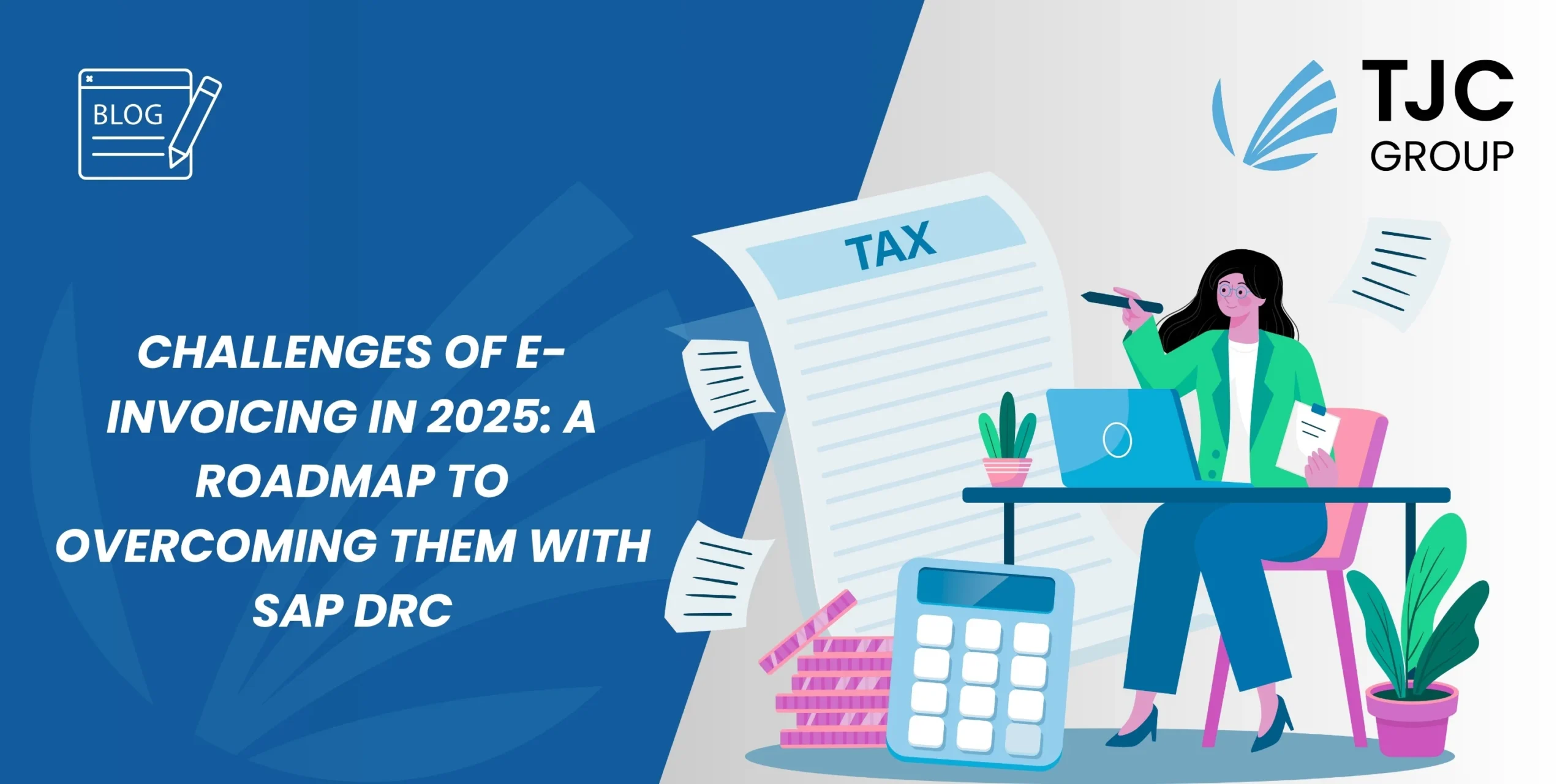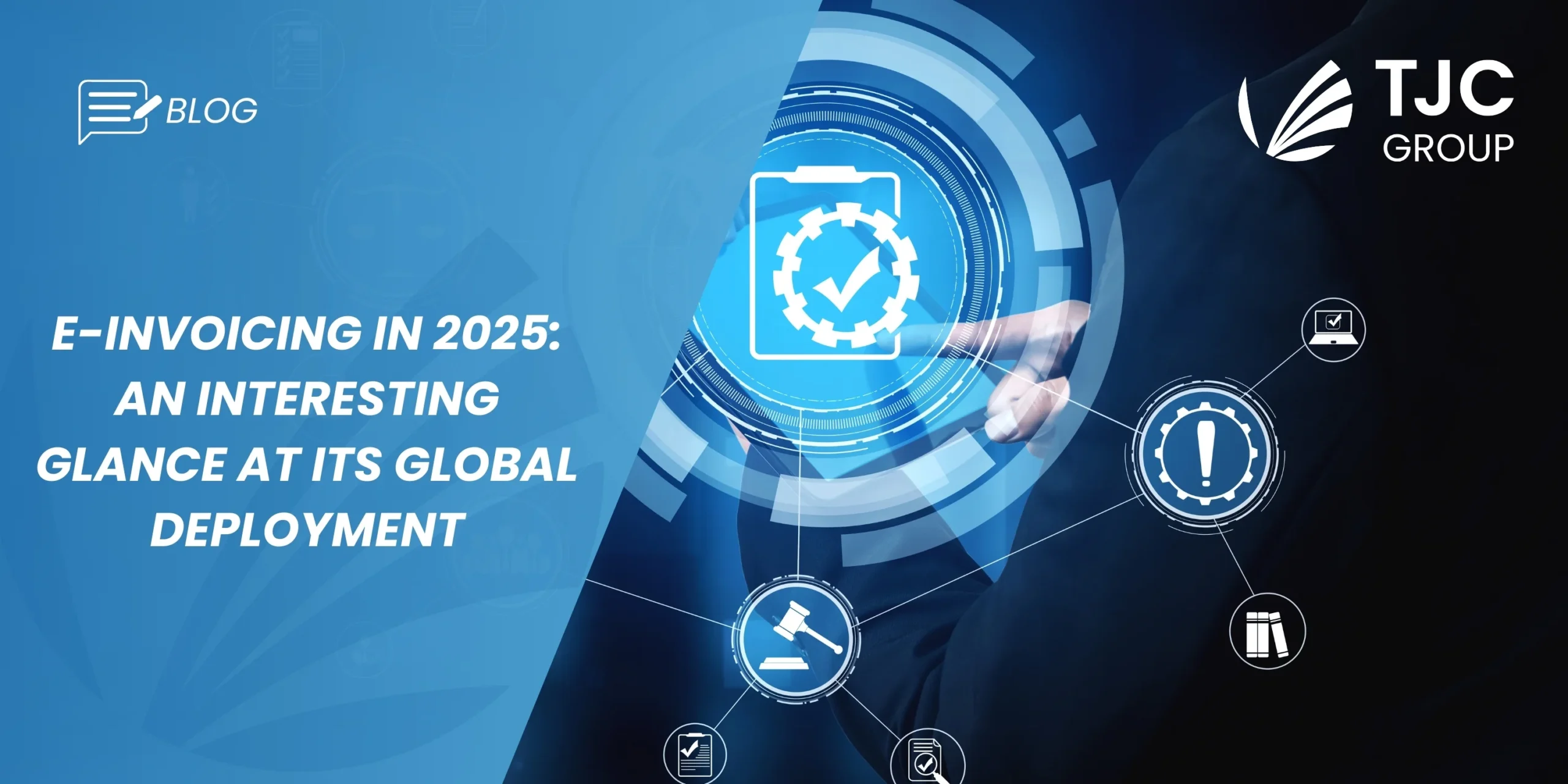The Finance Minister of Poland has recently announced that mandatory B2B e-invoicing is being delayed to February 2026
The National e-Invoicing System (KSeF) will adopt a phased approach and be mandatory as follows:
- From 1st February 2026, for businesses whose sales surpass PLN 200 million
- From 1st April 2026, extended to other taxpayers.
The original plan was to enforce mandatory business-to-business (B2B) e-invoicing by July 2024 as part of the Krajowy System e-Faktur (KSeF) initiative. However, the government changed its plans following an external audit that pointed out the KSeF system had critical flaws in its implementation that justified delaying the project. The government has stated that a fully new architecture will be rebuilt with expanded testing and better documentation, better maintenance planning, training, and support for taxpayers.
Government Response to Industry Feedback
The decision to delay the implementation of electronic invoicing requirements reflects the government’s responsiveness to industry feedback and concerns. The KSeF system is critical to the security of economic transactions. A system that fails to deliver would risk causing havoc and paralysing the Polish economy.
In February 2024, the Polish Ministry of Finance launched a consultation on legislative amendments and software interface specifications that was completed on 19 April. The key points from the consultation documents and changes to the original July 2024 regime are carefully detailed in this article by VATCalc: https://www.vatcalc.com/poland/poland-mandatory-b2b-ksef-e-invoices-delay-to-july-2024/
Why it’s interesting for Tax and Audit professionals
The postponement of e-invoicing grants additional time for businesses to prepare for the transition. Tax and Audit professionals can take advantage of and utilise this additional time to enhance their understanding of e-invoicing requirements, potentially streamlining future compliance efforts.
It is a good time to conduct a Project Scoping Assessment with TJC Group, which will provide you with:
- A thorough analysis of the legal requirements and SAP DRC functionality.
- Invoice flow analysis to understand the business requirements.
- Fit/gap analysis to develop a gap closure strategy.
Find out more about it on the Global e-invoicing and e-reporting page or contact us for more information.









